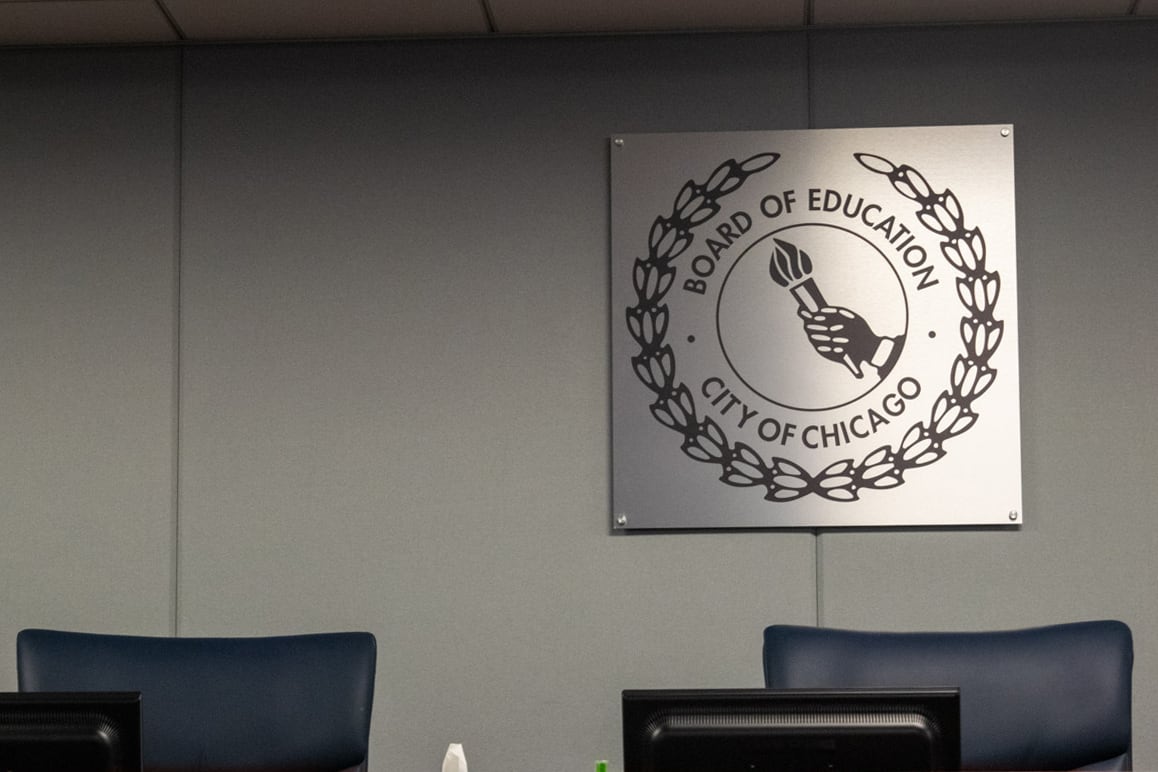Sign up for Chalkbeat Chicago’s free daily newsletter to keep up with the latest education news.
Less than a year from now, Chicago Public Schools will swear in its first elected school board members.
But even with a firm swearing-in date of Jan. 15, 2025, many unanswered questions still remain about the election on Nov. 5 that would usher in those new board members — and how the board will function once in place. State law says 10 members will be elected this year, but lawmakers are debating whether to elect all 21 now. (Mayor Brandon Johnson recently asked the legislature to ensure that just half are elected this year, the Sun-Times reported.)
The state legislature must also finalize district boundaries for school board members. Lawmakers appear to have agreed on a third draft of the map last November.
Once members are sworn in next January, what’s next? How will the board work in comparison to the appointed board it will replace?
Chalkbeat Chicago wants to hear your questions about the upcoming school board elections and the elected school board. We’ll aim to answer your questions through our reporting as we follow campaigns and elections this year.
Answer the survey here or fill it out below. We will not use your name in our reporting without your permission.
Reema Amin is a reporter covering Chicago Public Schools. Contact Reema at ramin@chalkbeat.org.






